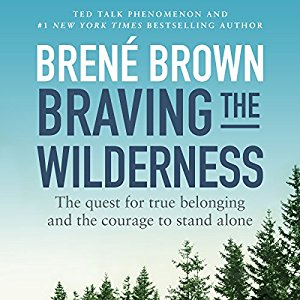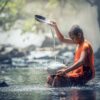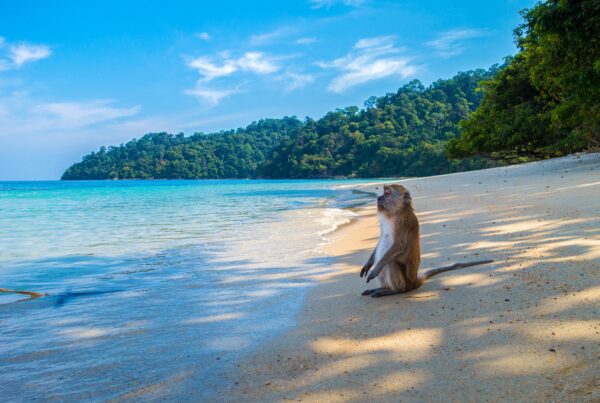
I was drawn to this book as I’ve been researching our human need to be part of a tribe with fascinated passion recently. This has mainly stemmed from observing emotionally charged behaviours in situations like the following:- what happens when colleagues feel paranoid they’re on the management hit list ie next one out, what happens when my teenager is ostracised inexplicably by her ‘friends’, and indeed what family dynamics emerge when four exuberant children are simultaneously vying for status, belonging and their sense of home.
Brene Brown did not disappoint me in my exploration and I wholeheartedly recommend you devour this asap. I respect this book as my trigger to explore her other major work. Some cite Braving The Wilderness as Brene Brown’s seminal piece and, even without having read her other publications, I can understand why. This feels both transformational and poignant in revelation and depth of teaching. I feel more peaceful and ‘connected’ after reading it. Less alone. More acknowledging of a better, higher perspective, thank you Brene.
She alludes to a global social crisis where conflict is all too omnipresent. She ratioinalises that this stems from a modern adoption of a rigid ‘either or’ mindset. Societies have become too linear in factions, are you in or out dogma. She expands by saying that the ability to think past ‘either or’ situations in in fact the foundation of critical thinking. I like this as solid food for thought and am acutely aware of how right she is. Listen to any news interview, political debate, conversation at work, it’s all either/or. So contradictory from this inclusive, multi-faceted, world we’re meant to be embracing and comfortably growing in to. No wonder we’re all struggling with our existential crises of where to belong, what to say, who to be. We’re ostracising ourselves from ourselves.
Brown talks of conflict transformation as opposed to conflict resolution which I love. It’s more expansive and has so much more potential.
The whole narrative weaves around Brown’s youthful rejection of the Maya Angelou quote below and her path to acceptance, understanding and now teaching.
“You only are free when you realise you belong no place — you belong every place — no place at all. The price is high. The reward is great.” – Maya Angelou
The fundamental principle is that until you accept and love yourself you will never feel a sense of belonging anywhere. It starts within. That’s where we’ll each find our peace. Loving ourselves. And certainly never, ever compromise who our true selves are to fit in, that’s the furthest thing from belonging we should ever contemplate. Be yourself. That’s freedom. That’s also bravery. And vulnerability.
Read this book. Learn to be true to you, then find your tribe.
The official book blurb for ‘Braving The Wilderness’ by Brene Brown
Random House presents the audiobook edition of Braving the Wilderness, written and read by Brené Brown.
‘True belonging doesn’t require us to change who we are. It requires us to be who we are.’ Social scientist Brené Brown, PhD, LMSW has sparked a global conversation about the experiences that bring meaning to our lives – experiences of courage, vulnerability, love, belonging, shame and empathy. In Braving the Wilderness, Brown redefines what it means to truly belong in an age of increased polarisation. With her trademark mix of research, storytelling and honesty, Brown will again change the cultural conversation while mapping out a clear path to true belonging.
Brown argues that what we’re experiencing today is a spiritual crisis of disconnection, and introduces four practices of true belonging that challenge everything we believe about ourselves and each other. She writes, ‘True belonging requires us to believe in and belong to ourselves so fully that we can find sacredness both in both being a part of something, and in standing alone when necessary. But in a culture that’s rife with perfectionism and pleasing, and with the erosion of civility, it’s easy to stay quiet, hide in our ideological bunkers, or fit in rather than show up as our true selves and brave the wilderness of uncertainty and criticism. But true belonging is not something we negotiate or accomplish with others; it’s a daily practice that demands integrity and authenticity. It’s a personal commitment that we carry in our hearts.’ Brown offers us the clarity and courage we need to find our way back to ourselves and to each other. And that path cuts right through the wilderness.
Brown writes, ‘The wilderness is an untamed, unpredictable place of solitude and searching. It is a place as dangerous as it is breathtaking, a place as sought after as it is feared. But it turns out to be the place of true belonging, and it’s the bravest and most sacred place you will ever stand.’









